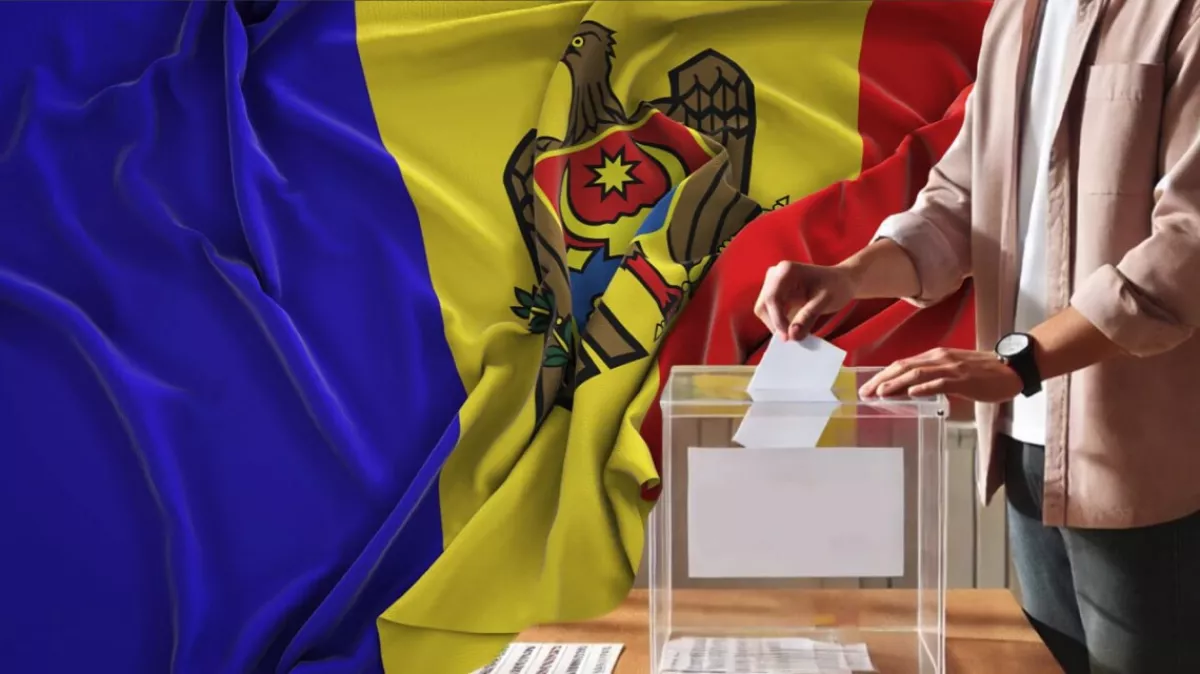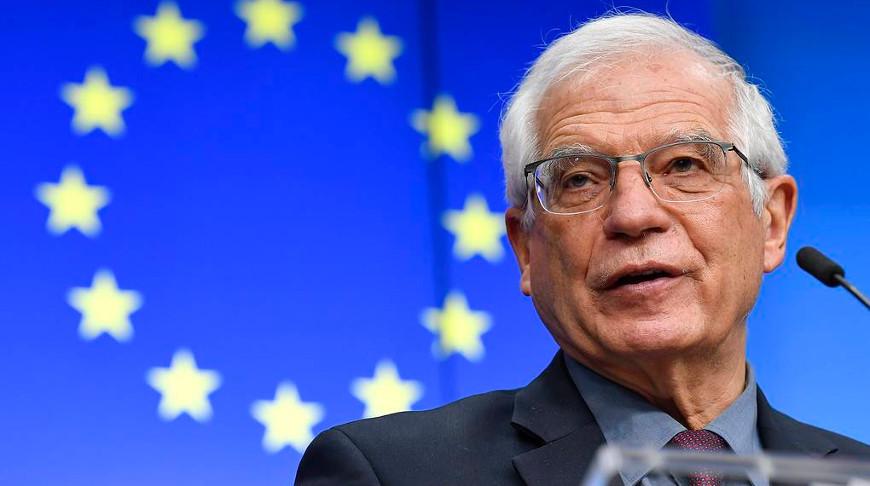Moldova facing dilemma: European future or lost independence Is sovereignty’s price too high?
The outcomes of two decisive political events held on October 20 in Moldova — the presidential elections and the EU membership referendum — have delivered an unexpected blow to advocates of European integration both within the country and beyond.
According to Moldova’s Central Election Commission, incumbent President Maia Sandu led the first round of the presidential election with 42.45% of the vote, surpassing her main rival, former Prosecutor General Alexandr Stoianoglo, who secured 25.98%. However, Sandu fell short of the majority needed for a first-round win, which means the two candidates will face off in a second-round runoff scheduled for November 3. Meanwhile, in the EU membership referendum, pro-EU advocates narrowly claimed victory: 50.42% of voters supported European integration, while 49.58% opposed it.

In regions like Gagauzia, however, more than 90% of voters rejected Moldova's potential EU membership. The referendum results indicate that half of Moldova’s population is against European integration, prompting disappointment and concern in the West. Western politicians quickly attributed this outcome to what they described as a "disinformation campaign orchestrated by Russia." Brussels, in particular, views Moscow as the primary hurdle preventing Moldova from joining the European Union. In the lead-up to both the presidential elections and the EU referendum, the European Parliament had already voiced concerns about Moldova being under significant pressure from Russia.
EU High Representative for Foreign Affairs Josep Borrell stated that Moldovan citizens made a "historic choice" in favour of EU integration, despite what he called a "massive hybrid campaign" from Russia aimed at undermining the democratic process. Borrell assured that Brussels would continue to support Moldova on its journey toward EU membership.

"Russia and its proxies launched a large-scale hybrid campaign to undermine democratic voting in Moldova, but despite this, the people of Moldova made a historic choice, securing their future in the European Union," Borrell said.
Similar sentiments were echoed by European Commission President Ursula von der Leyen, who addressed the people of Moldova on social media, stating, "In the face of Russia's hybrid tactics, Moldova is proving that it is independent, strong, and committed to a European future."
Along the same lines, Reuters reported sharp comments from EU foreign policy spokesperson Peter Stano, who said, "The voting in Moldova took place under unprecedented interference and intimidation from Russia and its proxies, aimed at destabilizing Moldova's democratic processes."
It's important to note that the positions of the West and Moldova’s government are fully aligned on this issue. President Maia Sandu, for example, previously described the situation as an "unprecedented attack on the country’s freedom and democracy," subtly hinting at Russian involvement. She further explained, "We have evidence and information that a criminal group attempted to buy 300,000 votes. This is an extraordinary act of fraud, aimed at undermining democracy," adding that "the perpetrators were working in cooperation with foreign forces hostile to Moldova’s national interests."
At the same time, the growing Euroskepticism among nearly half of Moldova's population, along with the disregard for their concerns, highlights the clear shortcomings of the European project in the country. This is despite the government's concerted efforts to push a pro-European agenda, heavily supported by financial aid from Brussels. For example, just days before the presidential elections and the EU membership referendum, European Commission President Ursula von der Leyen visited Moldova, promising a new €1.8 billion financial assistance package.
Following discussions with Moldova’s president in Chișinău, von der Leyen announced that "the EU will invest these funds in school renovations, the construction of two new hospitals, and the development of telecommunications, transport, and energy infrastructure, as well as integrating it with the European network." According to Brussels, this is the largest aid package Moldova has received since its independence in 1991.
Furthermore, since 2021, the EU has already provided more than €1 billion in grants and loans to Moldova, aimed at strengthening security cooperation and supporting key reforms.
However, when considering Moldova's future with the EU, a few critical points must be addressed. First, while EU integration is not a guaranteed solution to the country's economic challenges, it will inevitably lead to the loss of access to traditional CIS markets, a significant drawback for Moldova's economy.

Secondly, even with Moldova's newly granted EU candidate status, it could remain in this limbo for many years, or even decades, as the experience of countries like Türkiye demonstrates. To put it in perspective, Moldova signed an Association Agreement with the EU back in 2014 but was only granted candidate status in 2022. Thirdly, most Moldovan experts agree that Brussels sees Moldova's EU membership closely tied to Ukraine, implying that without Ukraine, Moldova’s chances of joining the EU are slim. Thus, any serious discussion about Moldova's accession to the EU in the near or even medium term seems premature.
This leads to several conclusions. The referendum results indicate that half of Moldovan society is not keen on joining today’s European Union, which has little in common with the original vision of a "common European home." Moreover, those who voted against integration are not willing to cede Moldova's sovereignty to Brussels, particularly when they see countries like Hungary and Slovakia vigorously defending their own national interests. The case of Georgia, where the EU and the U.S. have actively attempted to influence internal politics, further weakens the appeal of European integration. As a result, there is a growing risk that Moldova could face internal fragmentation if the pro-Western government in Chișinău and Brussels continue to push for a path of "Europeanization" that does not align with the will of a significant portion of the population.








